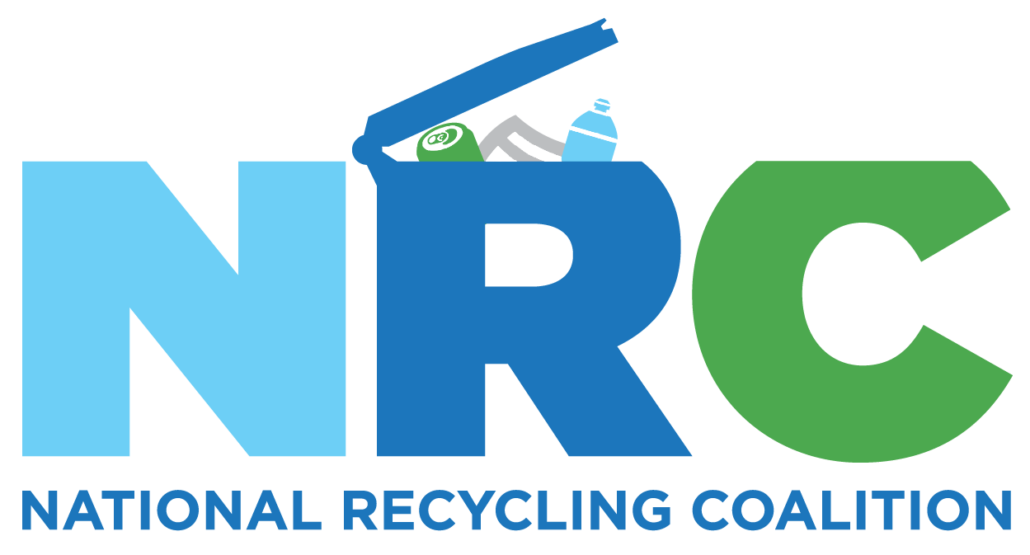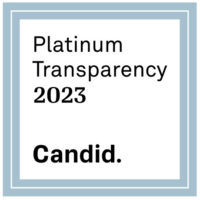| National Recycling Coalition/NSCB Certified Sustainable Resource Management Professional – Summary of Student Learning Outcomes (SLOs) |
|||||
| Student Learning Outcomes (SLO): The following SLOs are required for accreditation. The order and grouping are for listing purposes and not representative of how classes should be organized. | |||||
| Description of SLO | |||||
| Sustainable Resource Management | |||||
| 1. Identify the fundamental principles and practices related to sustainable resource management including waste reduction and reuse; recycling collection; processing and marketing of commodities; composting of organics; and handling and recovery of construction and demolition (C&D) and other special materials, including hazardous materials. | |||||
| 2. Compare the various technical material management options – Waste-to-Energy (WTE), landfills, Municipal Recycling facilities (MRF’s), incineration, gasification, etc. | |||||
| 3. Describe the current trends in recycling practices, research, and market expansion | |||||
| 4. Explain the history of residential and commercial recycling systems/programs. | |||||
| 5. Explain the resource management system with command of the technical language and the tools employed to eliminate waste, reuse products and packaging, and use resources efficiently. | |||||
| 6. Incorporate sound management practices, the applicable resource management laws, regulations and policies; economically sound business practices; health and safety regulations and best practices into their everyday resource management work. | |||||
| 7. Identify full cost accounting principles related to sustainable resource management. | |||||
| 8. Identify local markets for highest and best use of recovered products and materials while evaluating carbon footprint, greenhouse gas emissions, job potential and life cycles. | |||||
| 9. Design a communication plan aimed at increasing public awareness of and participation in SRM. | |||||
| 10. Describe the general constructs of contracts for services in your state. | |||||
| 11. Discuss the role of government in resource management, including important past pieces of legislation that shaped the industry. | |||||
| 12. Identify the types of careers associated with resource management, including the skill sets required for entry-level positions. | |||||
| Culture and Sustainable Resource Management | |||||
| 1. Develop an effective outreach campaign strategy utilizing Social Media and Community Based Social Marketing (CBSM) in addition to face-to-face marketing tools. | |||||
| 2. Develop and present effective presentations, publications and exhibits that will enhance individual sustainable actions and habits. | |||||
| Sustainable Resource Management and Communities | |||||
| 1. Explain how and why communities are adopting Sustainable Resource Management (SRM) and/or Zero Waste goals and plans, including how to develop community plans to eliminate waste and use sustainable resources efficiently. | |||||
| 2. Compare legislation, policies, programs and types of facilities needed for communities to improve waste management. Identify state and local structures that are barriers or incentives for initiatives. | |||||
| 3. Analyze markets and service opportunities for reuseables, repurposing, recoverables, recyclables and compostables for a variety of resources. | |||||
| 4. Identify Local Producer Responsibility policies and programs and advocate for Extended Producer Responsibility, and Green Chemistry policies and programs | |||||
| 5. Identify techniques to support and measure local economic development and job creation. | |||||
| 6. Identify key components of an effective Request for Proposal (RFP) or similar procurement process for program activities. | |||||
| Sustainable Resource Management in Business | |||||
| 1. Describe the various types of waste streams and the businesses that create them (e.g. manufacturing, construction, hospitality) | |||||
| 2. Compare resource management services provided by different companies utilizing various types of strategies, technologies and/or equipment. This would include business fundamentals such as full cost accounting, life-cycle analysis and triple bottom line (economics, environment, and social equity). | |||||
| 3. Develop and conduct evaluations or surveys of materials and business practices to consider how companies could change practices to reduce waste generation. | |||||
| 4. Identify tools and metrics for businesses to design, implement and oversee waste reduction, reuse, repurposing, recycling and composting sustainable management programs (Green Business) | |||||
| 5. Discuss how collection/service contracts, property management contracts and policies of large companies might support or thwart resource management efforts. | |||||

